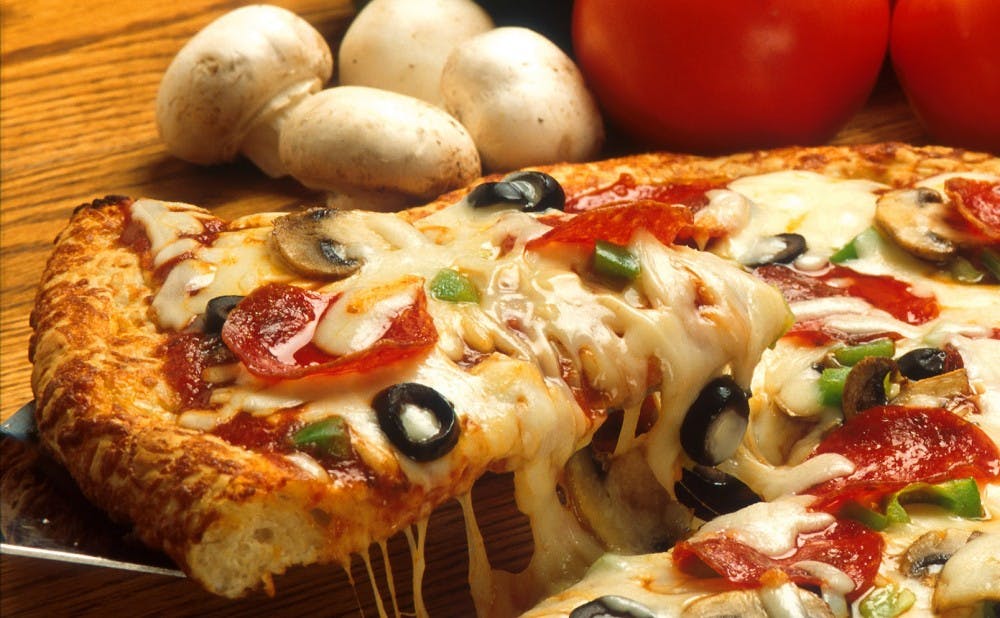Hungry for pizza? Ordering it online might leave you with more slices than you initially planned, according to a Duke study.
Ryan McDevitt, associate professor of economics at the Fuqua School of Business, found that consumers spend more money on pizza orders made online than they otherwise would in brick-and-mortar stores.
His research indicated that removing the layer of social interaction required by ordering in person makes hungry customers more likely to indulge because they don’t worry about the cashier's reaction to their order.
“When online, you’re anonymous and no one’s judging your behavior,” he said. “Social judgment is a very powerful force.”
McDevitt noted that the idea for the study came about because his friend owned a pizza restaurant in Raleigh but was slow to roll out an online delivery service, only beginning it in 2009. The researchers were able to look at the orders of people before and after online ordering was available, providing them with a clear way to identify its effect on their purchases.
McDevitt and his team analyzed approximately 160,000 orders made to the restaurant during the course of four years and compared repeat customers’ phone orders with their online orders. This revealed that customers who ordered online made special instructions 15 percent more often, which corresponded to an average increase in 100 calories in the order. For instance, customers were more likely to add extra toppings, increasing the price and calorie count.
But is the cashier at your favorite pizza joint really judging you? Maybe not, but McDevitt said that customers still make a snap judgment while standing at the counter to make their order more socially acceptable.
“It might cross your mind when ordering pizza, do I really want triple bacon or is this guy going to laugh in my face?” he said.
The anonymity provided by the Internet allows people to behave more freely, McDevitt noted.
He previously studied how social interaction affected liquor sales in Sweden and found similar results regarding how people would behave in the presence of an employee. In a self-service format, sales of fancy wines with complicated names went up 10 times, possibly because customers no longer had to pronounce the names.
These findings may extend to other areas of self-service, McDevitt added. Next up, he plans to examine other retailers like Amazon, which purchased the grocery store chain Whole Foods in 2017 and recently debuted its own cashier-less grocery store in Seattle.
These studies are especially relevant because more sales than ever are moving online, especially for younger generations.
“As [online ordering] becomes the primary means for ordering pizza, it will change the mix of products that are bought and sold,” McDevitt said.
Because people are more likely to buy more online, this could inform future retailer tactics. They could encourage more online ordering or ask customers at the last minute if they want to add an extra item to their cart.
From a consumer standpoint, people may need to be mindful of how online ordering can affect them, particularly from a health perspective.
“The overall effect on calories was not enough to really matter, but if you’re ordering one or two meals a day online, that starts to add up over the course of the year,” he said. “You have to be careful not to overdo it."
Get The Chronicle straight to your inbox
Signup for our weekly newsletter. Cancel at any time.

